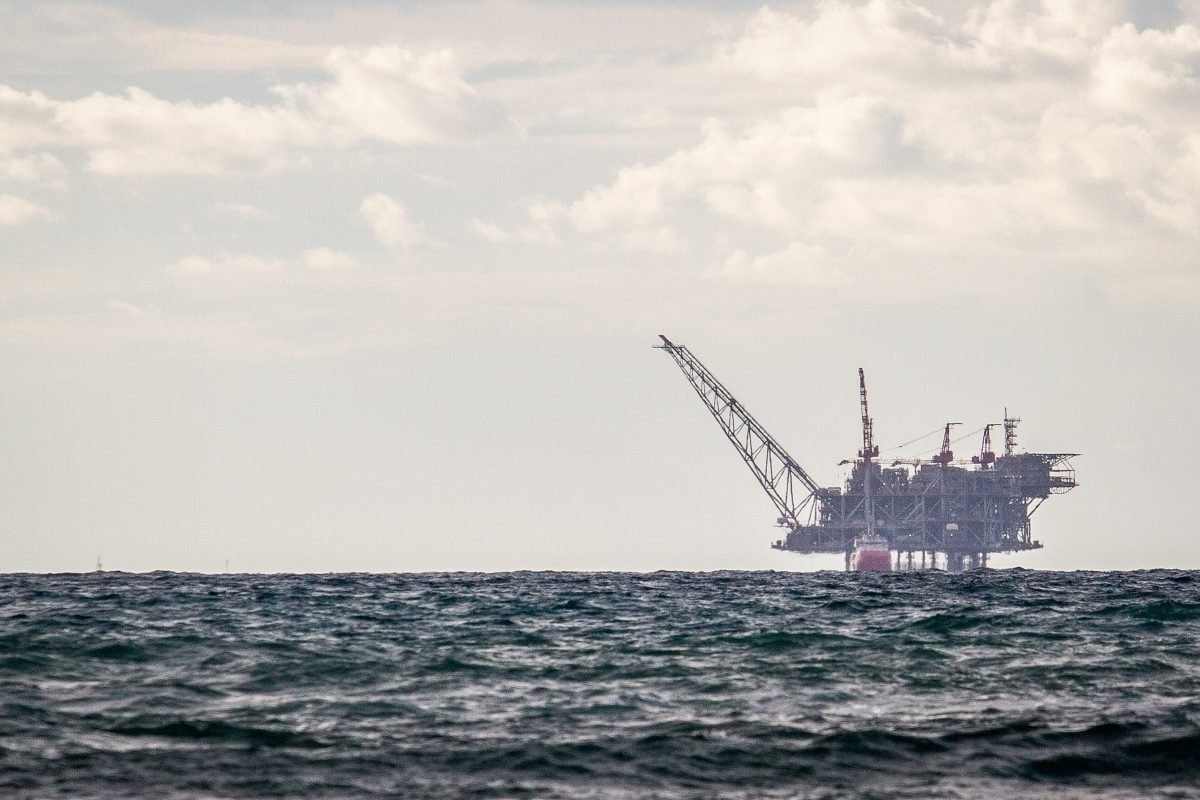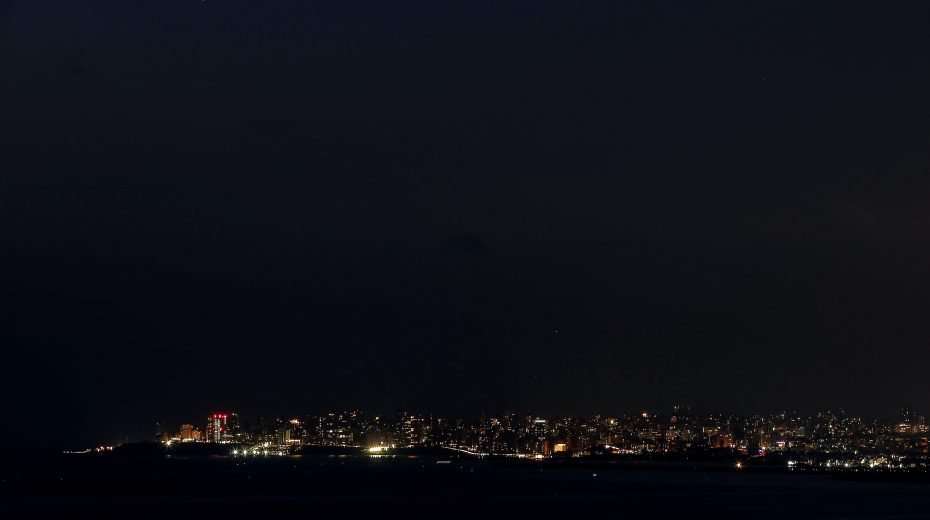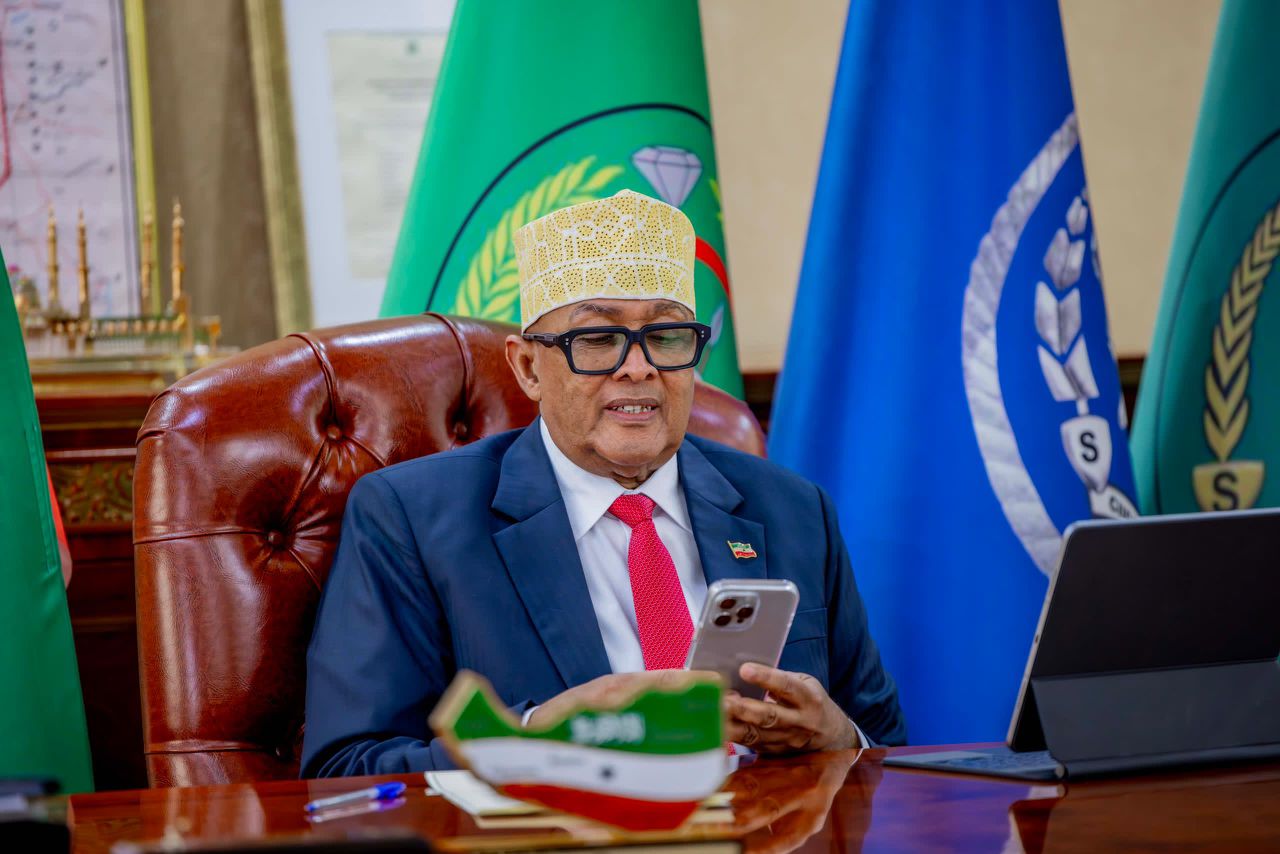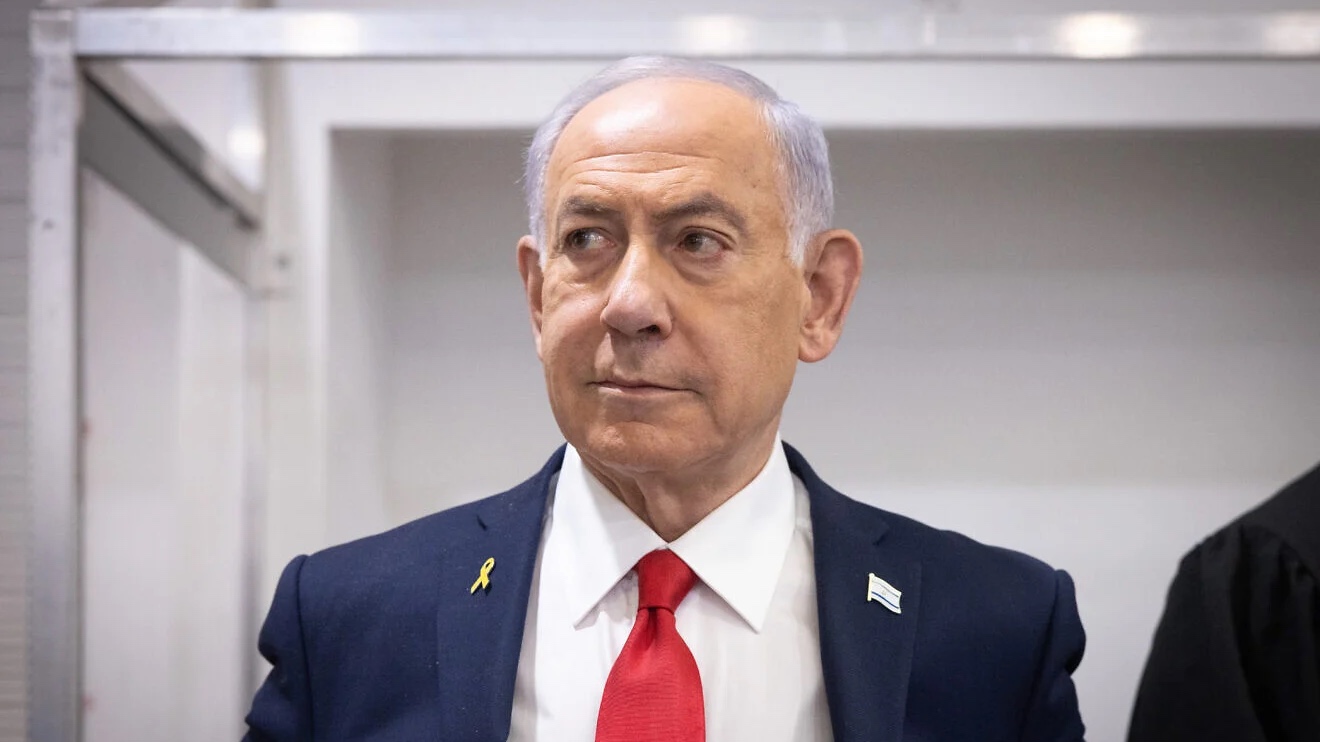Lebanon is suffering from an energy crisis, which has recently been exacerbated by a spike in energy prices. Electricity supply in Lebanon is limited to two-to-four hours a day. Electricity is generated from heating oil and diesel, the prices of which have been skyrocketing for months as a result of the Russo-Ukrainian war.
“Lebanon suffers from severe electricity shortages and therefore imports electricity from Jordan, which in turn is about 80% generated from Israeli natural gas. You can say the light in the house of Hezbollah chief Hassan Nasrallah burns with Israeli natural gas,” said Dr. Amit Moore, CEO of Eco Energy and a senior lecturer at the Reichman University in Herzliya.
Moore emphasized this fact after Nasrallah repeatedly threatened that he would never allow an Israeli rig over the Karish gas field. The Lebanese claim the Karish gas field is in their territorial waters, and therefore the resource belongs to Lebanon and not to the “Israeli enemy.”

But even if the threats from Lebanon have escalated in recent weeks, Israel doesn’t seem too concerned. Israeli politicians and gas market pundits believe the Lebanese threats are more political banter by the interim government in Beirut, and will only hasten the two-year negotiations between the two sides. “The current threats by leading politicians in Lebanon and by Nasrallah are only being made out of political calculation,” explained Dr. Moore. “Eventually everything will work itself out.”
The disputed Karish (Hai) gas field is entirely within Israeli territorial waters and lies in the sea south of the Lebanese border. For more than two years, Israel and Lebanon have been negotiating the gas field with American mediation. Geologists believe this is an area with high potential for natural gas discoveries. Because this is a disputed area, no further gas and oil exploration is currently taking place there. “If the maritime border dispute between the two countries is not resolved, Lebanon has much to lose, primarily by delaying gas exploration in Blocks 8 and 9 in its territorial waters, where geological surveys indicate large natural gas reserves are possible,” said Moore. “Political claims are nice, but economic reality is more necessary.”














